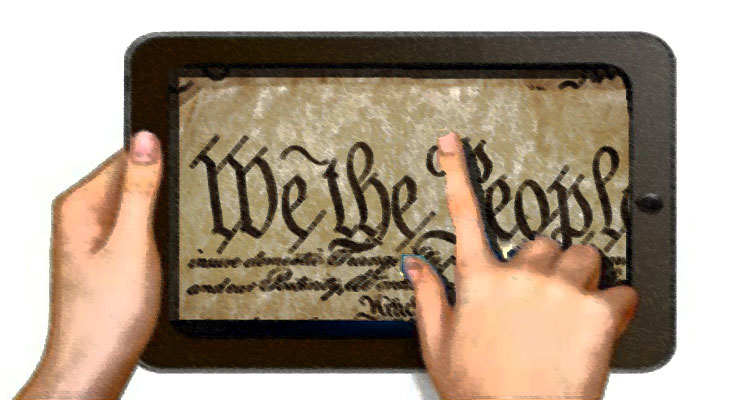
With the advent of social media in our today’s society, people have too often forgotten traditional media and concentrated their news gathering on social media platforms. Politicians have made use of social media extensively for the political gains especially during political campaigns, and influence can be bought with the dollar. A new study relays the true impact of such political advertising spending on social media during the 2016 election that elevated Donald Trump to the Presidency.
New research has detailed social media’s impact was produced in a collaboration between the Universidad Carlos III de Madrid, the University of Warwick and ETH Zurich. According to the study, Trump and his “’team spent 44 million dollars on Facebook, with 175,000 different adverts during the 2016 election campaign, compared to a spend of 28 million dollars by Democrat Hilary Clinton“. The advertising tactic known as micro-targeting was widely employed by both campaigns but the study finds that the GOP use of social media was very effective in securing support from undecided voters and also helped increase voter turnout in favor of the Republican Party.
A review of the study published by Science Daily explained the findings:
It increased the probability that a non-aligned voter would decide to vote for candidate Trump by at least five percentage points, according to the results of the study. On the other hand, “the results show that Clinton did not manage to increase support among her potential natural voters nor boost their participation in the elections. Unfortunately, we do not have the necessary data to be able to understand why it worked for Trump and not for Clinton,” two of the authors of the paper point out, Ángel and Rubén Cuevas, researchers from the UC3M Telematics Engineering department. This disparity shows there are other variables to consider in addition to the presence of social media.
From every indication, Trump’s campaign had a stronger grip among voters who are active on Facebook. Micro-targeting was harnessed to target voters on the bases of gender, level of education and ideology. In the study’s view, Facebook does not make voters more informed but can likely persuade them to change their voting choice. The study points to the importance of social media in 2016 influencing of people with low level of education and men in particular.
How any of this relates to the ongoing investigation into Russia’s illicit social media campaigns in 2016 is not yet known. Add your thoughts below…
Leave a Reply